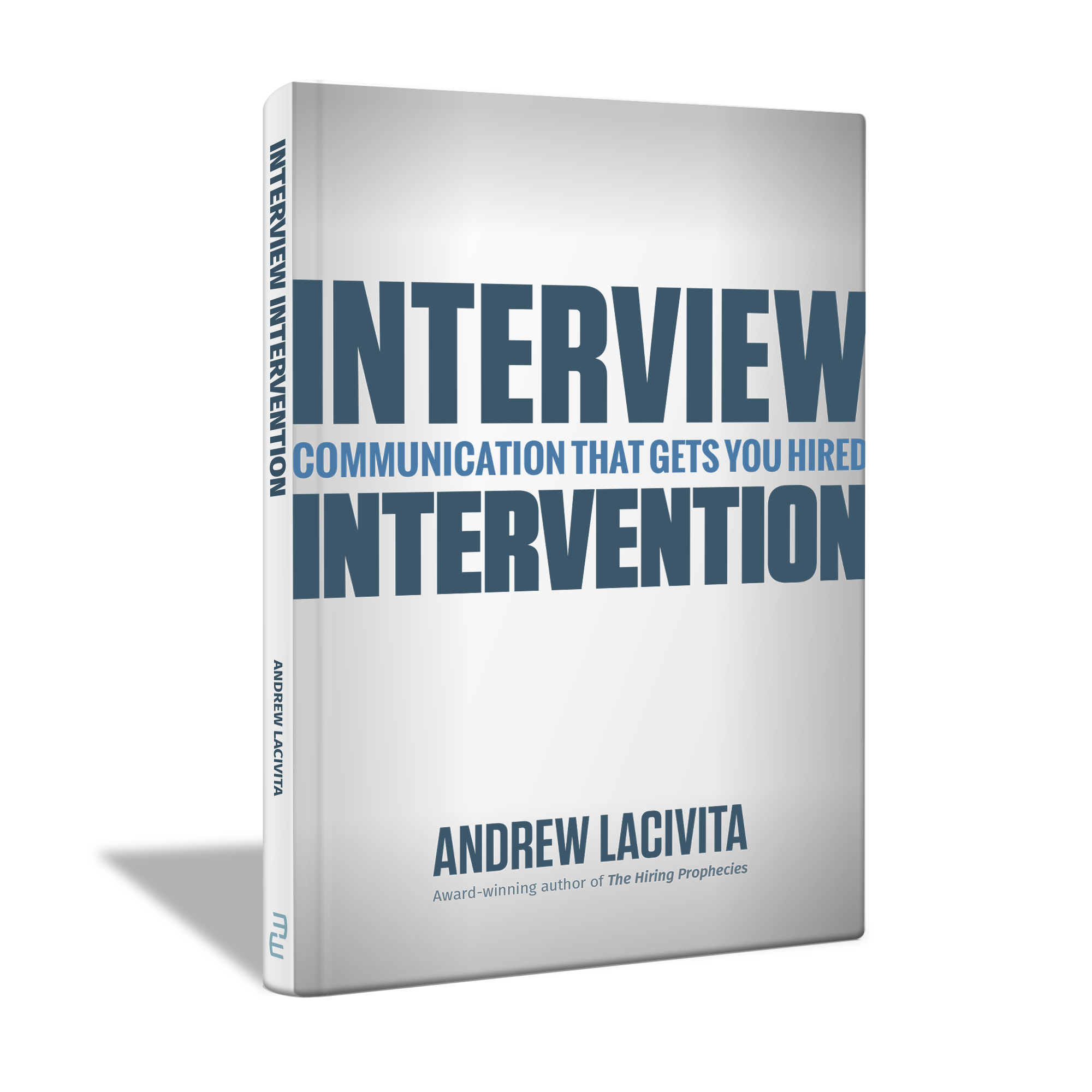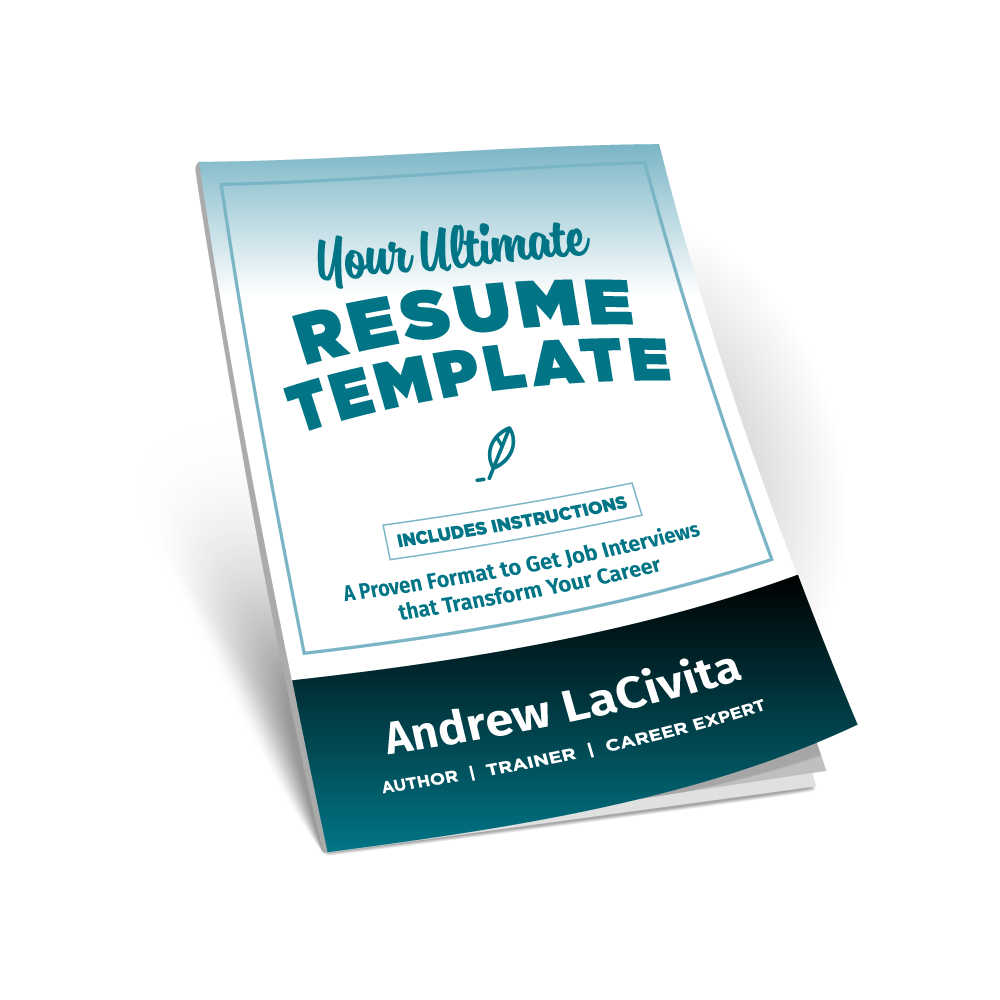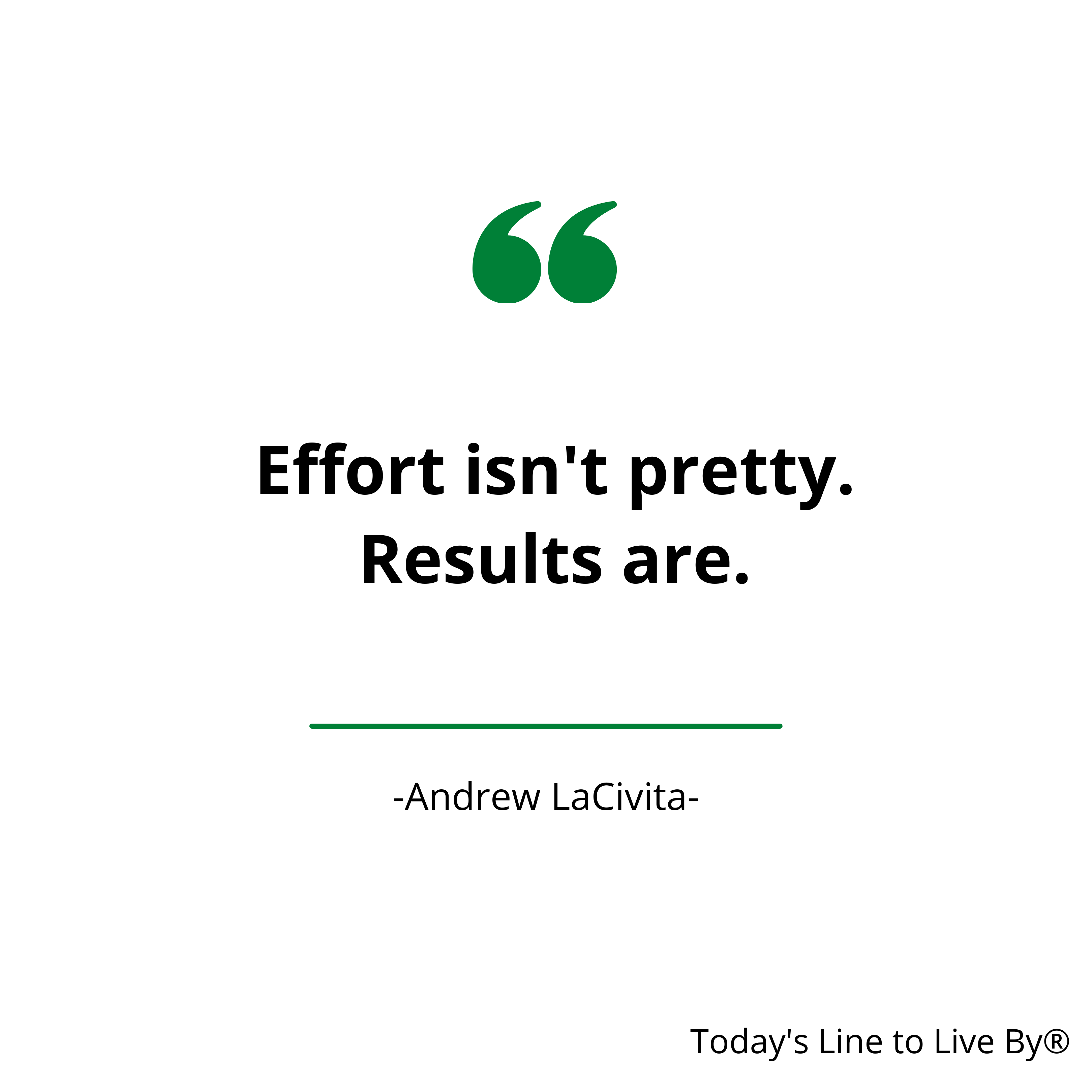As part of Interview Intervention: Communication That Gets You Hired, I included what I consider the 14 most effective job interview questions an employer can ask a job candidate. While there are loads of great interviewing techniques and questions, I feel it’s important to balance time and effectiveness when determining whether a candidate and employer relationship will be strong long-term.
To aid in that effort, I identified the 14 I consider the most comprehensive—to gain the best understanding of the candidate’s overall fit in the least amount of time. I am gradually releasing these through the blog and today’s is Number Ten. You can see a complete list immediately by downloading a complimentary ebook from the milewalk website!
Effective Job Interview Question #10: “How do you educate yourself?”
This question is effective because it helps the employer determine a number of things such as whether the candidate is resourceful and a self-starter and interested in continually growing professionally.
Other variations include “How do you further your career development” and “Tell me about the last time you took initiative to learn something that was not part of your job description.”
This question is designed to reveal whether the candidate has the desire to grow professionally. I think this speaks to an individual’s level of motivation, but it also focuses on the candidate’s resourcefulness and creativity in how to learn.
The best responses to this type of question will highlight the numerous, specific sources you would seek for the information. While you can rely on teammates to help educate and cross-train you, employers are usually more interested in the sources you would deploy on your own. Typical references would include the Internet (be specific as to the sites or genres), books, trade magazines, workshops, additional schooling, training classes, and so forth. The more specific your references, the more they will like your response.
It is also effective to lay out the sequence in which you’d review this material. That is, you won’t examine all the information from all sources simultaneously, so review which source you would approach first (because it is likely to have the richest and most relevant information), second, and third. Below is an example:
Candidate: “I have encountered numerous situations where I needed to educate myself because I didn’t yet have the requisite experience. I usually put together a short workplan for myself, highlighting what I consider to be the most robust sources of information and sequencing them based on quantity of information I’ll be able to extract. To ensure I’m starting in the right location, I usually review the plan with my boss or the appropriate individual. While I don’t like to consume too much of his or her time educating me, having them review the plan for a few minutes often times saves a lot of time for me. Then I start with …”









Leave A Comment